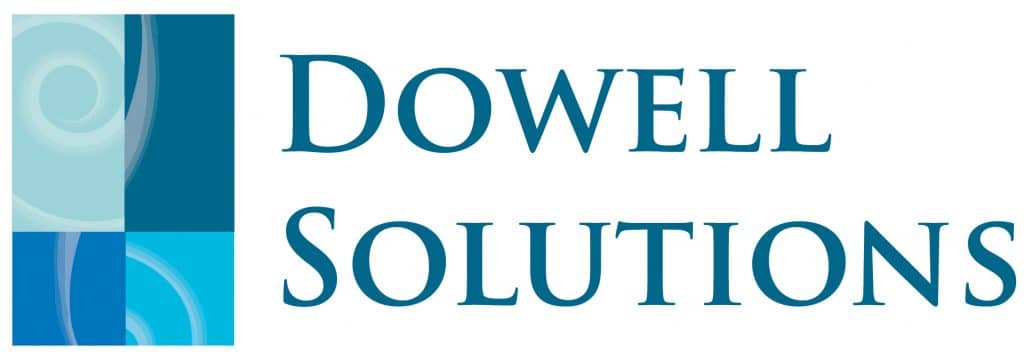Have you ever thought about what is hidden behind the term hypnosis and in which areas it makes sense to use hypnosis? Clinical hypnosis is an important part of hypnosis and is used in both medicine and therapy. Accompanying hypnosis treatment can help you accelerate the mental healing process in a body-friendly manner, helping you recover faster.
How Does Clinical Hypnosis Work?
Modern hypnotherapy is a combination of modern neurology and classic hypnotherapy. It can be combined in many areas with therapeutic medical practice.
The goal of clinical hypnosis is to gain access to the client’s subconsciousness through language and communication. In modern hypnosis, these classical approaches are deepened by trance states.
It is important for the therapist to pay particular attention to the sound of the voice and the choice of words. The therapist should adapt them individually to the needs of each client. The cornerstone of clinical hypnosis is the trust between the therapist and the client.
During the therapy, the therapist must be able to concentrate fully on the client and advance him in his world of thought. The points of conflict should be avoided so that the client is open to the new and does not develop an inner defensive posture.
Only then, it is possible to achieve rapid therapeutic success. The goal of clinical hypnosis is to detect the client’s hidden strengths and to learn to use them in a targeted manner. It can help to free oneself from fears or phobias and make dreams come true. Since this change takes place in the subconscious mind, the client can break the barrier in their mind after successful therapy.
Where Is Clinical Hypnosis Used?
Clinical hypnosis has a wide range of uses and can help people get rid of fears, phobias and psychosomatic illnesses. Clinical Hypnosis works for
· anxiety,
· depression,
· addictive behaviour, and
· as an accompaniment in pain therapy
Clinical hypnosis is suitable for everyone and is specifically tailored to the client in the respective form of therapy. Thus, an age-adapted form of therapy of clinical hypnosis can already be used in children and adolescents. It helps to prevent test anxiety, anxiety, behavioural problems, or stuttering.
Compared to pure medical treatments with drugs, the advantage of hypnosis is the low number of side effects, a high success rate, and a short treatment time.
For this reason, more and more doctors are using hypnosis as an adjunct to their therapies and treatments. Dentists use the effects of hypnosis to give clients a relaxed dental visit and can see hypnosis as an alternative to local anesthesia.
In some hospitals, hypnosis is already used as a form of anesthesia during surgery. Especially in pain therapies such as headaches, migraines, cancer pain or pain relief in medical procedures. The use of hypnosis has proven itself. Addicted clients can be freed from their suffering by hypnosis, such as hypnosis against smoking.
The Benefits
Clinical hypnosis is a gentle treatment method. It helps clients, within a short time, to get rid of internal blockages without the use of medication. It is solely a subconscious change that takes place and has a lasting effect on behaviour and thinking.
In comparison to medical medication, with hypnosis, a client learns to bring out new knowledge from the subconscious in certain situations and to use it purposefully. After only a few sessions( in many cases only one session), you can detect a change in yourself and your behaviour. Hypnosis is perfect for treating minor and major problems that block people and prevent them from developing freely.
Ready to rediscover your life through clinical hypnosis? Book a FREE 15 min chat here!
